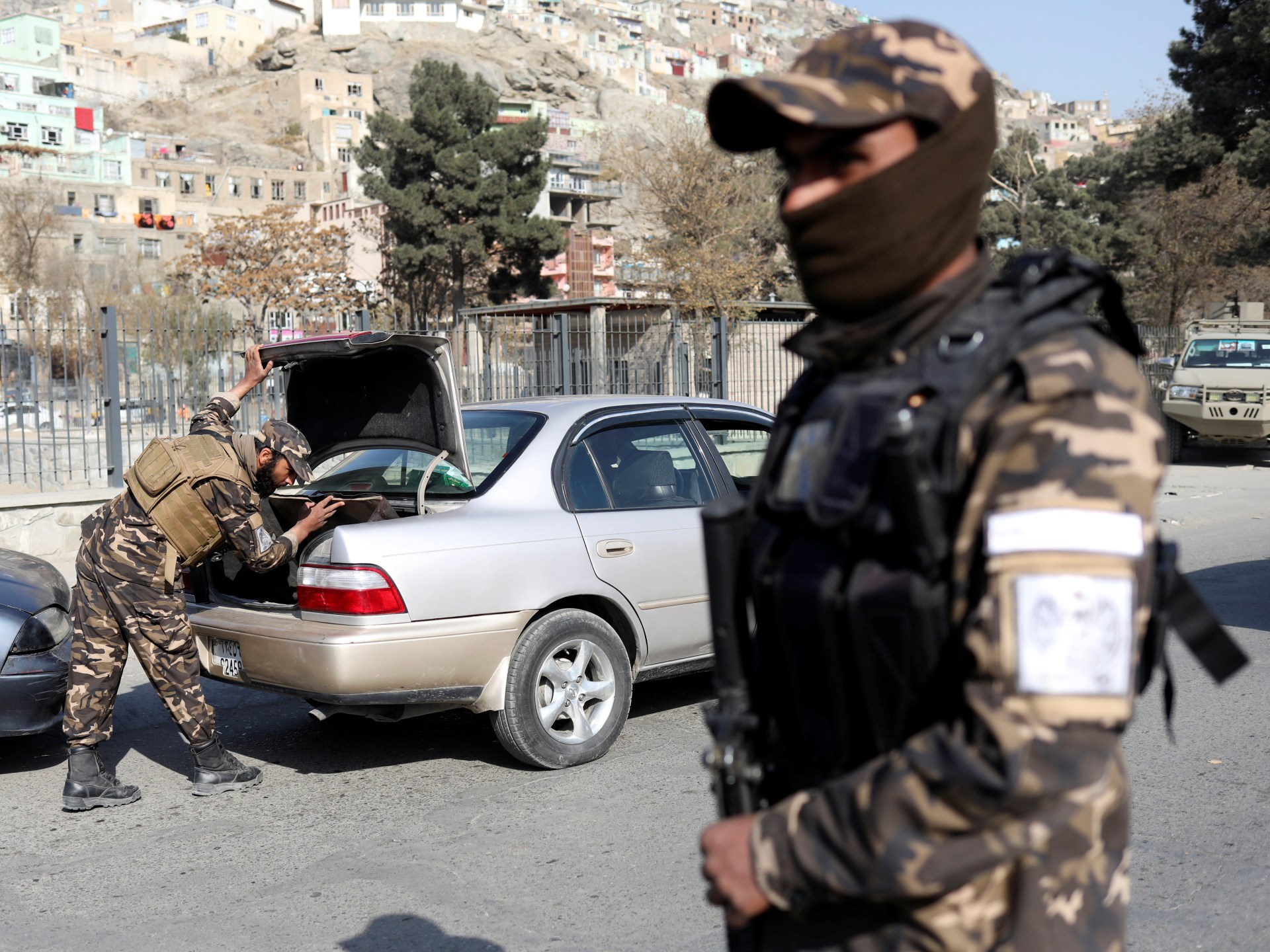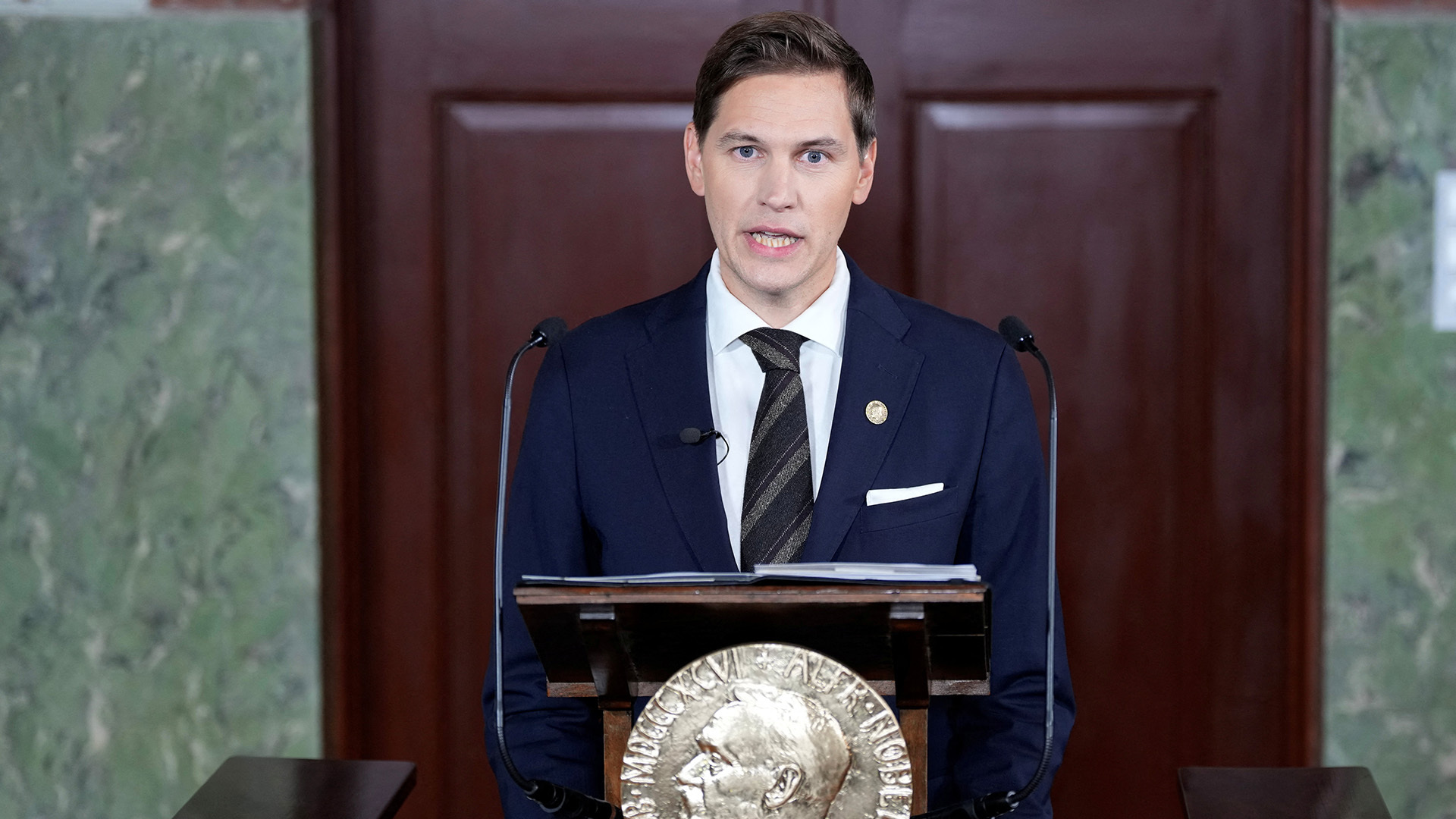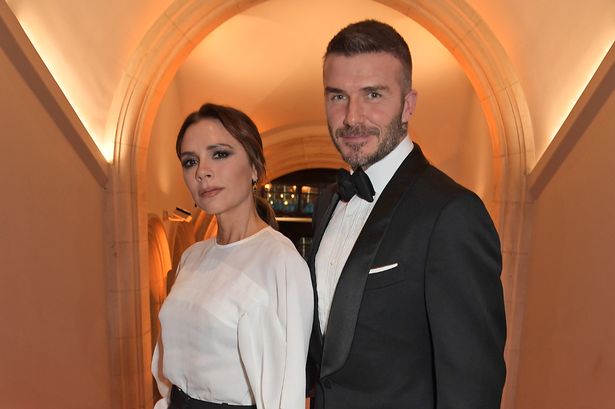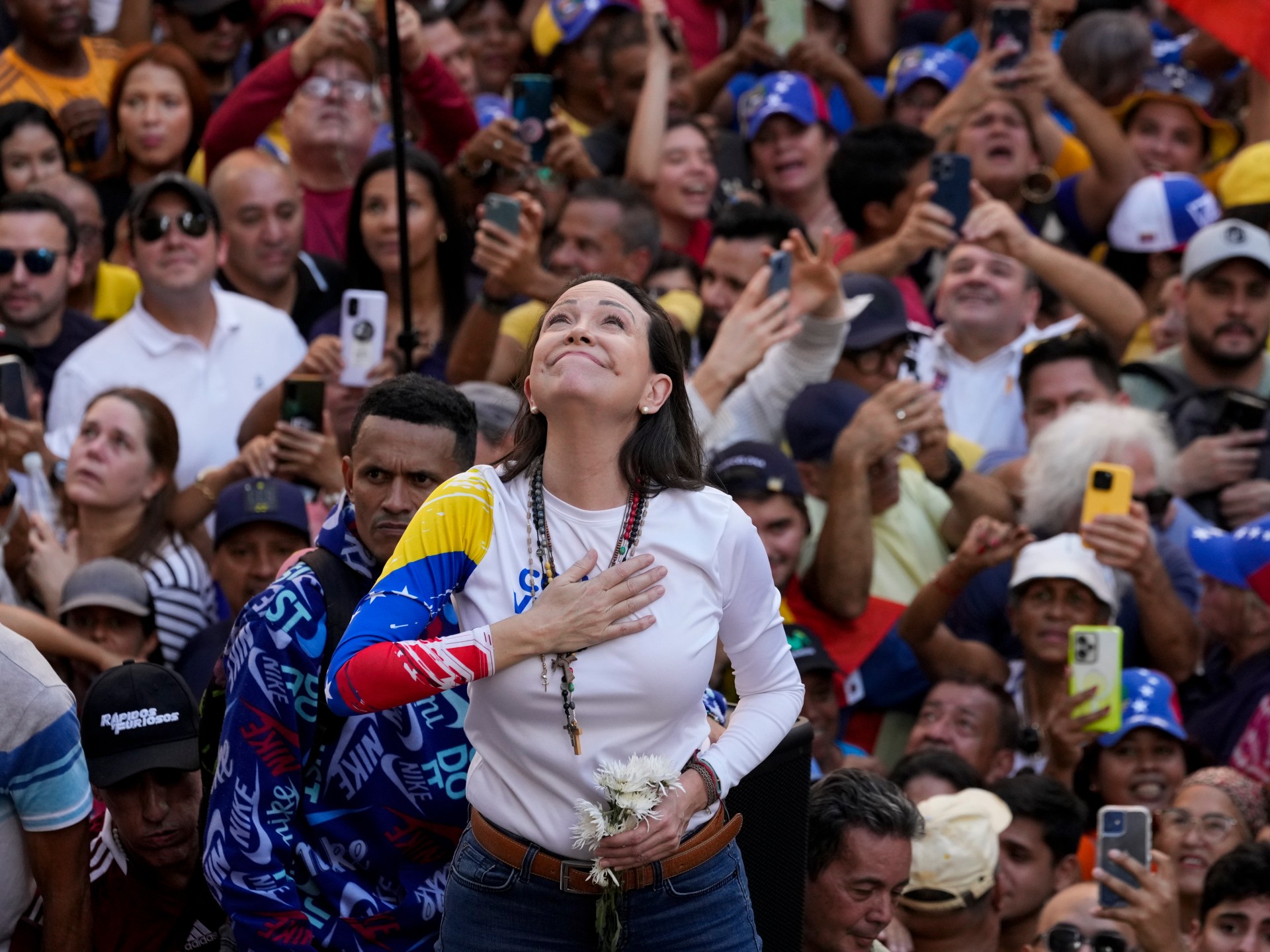Islamabad, Pakistan – A series of explosions and bursts of gunfire rattled Afghanistan’s capital late Thursday evening, according to local media. The cause of the blasts and the extent of casualties remain unclear.
Taliban government spokesman Zabihullah Mujahid confirmed that an explosion had been heard in Kabul, saying the cause was under investigation.
Recommended Stories
list of 4 itemsend of list
“An explosion was heard in Kabul city,” he posted on social media platform X in Pashto. “But don’t worry, it’s all good and well. The accident is under investigation, and no injuries have been reported yet. So far there is no report of any harm done.”
The incident came amid worsening relations between Afghanistan and its western neighbour Pakistan, which has accused the Taliban government – in power since August 2021 – of providing safe havens to armed groups, particularly the Tehreek-e-Taliban Pakistan (TTP), which Islamabad blames for a surge in attacks on its security forces.
The explosions also coincided with the arrival of the Taliban administration’s foreign minister, Amir Khan Muttaqi, in India for a six-day visit, the first such trip since the Taliban’s return to power.
Following the Kabul explosions, speculation swirled on social media that Pakistan was behind the attack, allegedly targeting senior TTP leaders, including its chief, Noor Wali Mehsud.
However, the Taliban have not levelled any accusations yet. Pakistani security officials, speaking on condition of anonymity as they were not authorised to talk to the media, neither confirmed nor denied involvement in the Kabul explosions. “We have seen the media reports and statements from Afghan officials about explosions in Kabul. However, we have no further details on this,” one official told Al Jazeera.
Pakistan’s Ministry of Foreign Affairs also did not respond to Al Jazeera’s queries.
While neither the Taliban nor the TTP has commented on Mehsud and whether he is safe, Mujahid’s comments suggest that no one was killed in the explosions.
Once seen as heavily backed by Pakistan, the Afghan Taliban have been trying to recalibrate their foreign policy, engaging regional powers such as India, their former adversary, in a bid to secure eventual diplomatic recognition.
Pakistan, meanwhile, has accused India of supporting armed groups operating on its soil, a charge New Delhi denies.
Fragile thaw between Kabul and Islamabad
After a bloody 2024, one of Pakistan’s deadliest years in nearly a decade, with more than 2,500 people killed in violence, both countries tried to reset their relationship.
Pakistan’s deputy prime minister Ishaq Dar visited Kabul in April, with senior leadership on both sides holding a series of meetings, often mediated by China. That process led to upgraded diplomatic ties and a brief lull in violence over the summer.
Yet, according to the Pakistan Institute of Conflict and Security Studies (PICSS), an Islamabad-based think tank, violence in the first three quarters of 2025 nearly matched the entire toll of 2024.
TTP remains the singular cause for the increasing attacks since 2021, according to US-based Armed Conflict Location & Event Data (ACLED).
“Our data show that the TTP engaged in at least 600 attacks against, or clashes with, security forces in the past year alone. Its activity in 2025 so far already exceeds that seen in all of 2024,” a recent report by the ACLED pointed out.
And in recent days, Pakistan has witnessed a further escalation in violence. A string of assaults has killed dozens of soldiers, mostly in the northwestern Khyber Pakhtunkhwa province, which shares a long and porous border with Afghanistan. The Pakistani military on Friday said it killed more than 30 fighters involved in a recent attack in the tribal district of Orakzai.
In September alone, at least 135 people were killed and 173 injured. After visiting wounded soldiers following raids that killed 19 personnel, Prime Minister Shehbaz Sharif issued a stark warning to Afghanistan.
“Choose one of two paths. If they wish to establish relations with Pakistan with genuine goodwill, sincerity and honesty, we are ready for that. But if they choose to side with terrorists and support them, then we will have nothing to do with the Afghan interim government,” Sharif said on September 13.
On Thursday, Defence Minister Khwaja Asif also accused Afghanistan of enabling violence in Pakistan while speaking on the floor of the parliament
“Despite years of negotiations with the Afghan government and delegations coming and going to Kabul, the bloodshed in Pakistan has not stopped. Daily funerals of military personnel are being held. We are paying the price of 60 years of hospitality to 6 million Afghan refugees with our blood,” he said.
Pakistan has hosted millions of Afghan refugees since the 1980s, first after the Soviet invasion, then during the Taliban’s initial rule in the 1990s, and again after their 2021 takeover.
Since November 2023, Islamabad has been carrying out a mass expulsion campaign, forcing Afghans – many of whom have lived in Pakistan for decades – to return home. Government figures say nearly a million have been sent back so far.
Deepening mistrust
The tensions between Pakistan and the Taliban in recent years have also escalated into military clashes.
The Pakistani military has previously conducted airstrikes inside Afghan territory, the most recent one in December 2024.
Analysts say that if the latest explosions were indeed linked to Pakistan, the implications could be serious.
Tameem Bahiss, a security analyst based in Kabul, said the Taliban have consistently denied harbouring TTP fighters, and any formal acknowledgement of strikes inside the capital could inflame tensions.
“We’ve seen before those previous Pakistani airstrikes inside Afghanistan yielded no concrete results. Instead, they only deepened mistrust and made cooperation on countering the TTP more difficult. This latest incident will likely harden positions further, making dialogue and coordination even more complicated,” he told Al Jazeera.
The last major targeted strike in Kabul took place in 2022, when al-Qaeda leader Ayman al-Zawahiri was killed in a US drone attack.
Ihsanullah Tipu Mehsud, an Islamabad-based security analyst, said that if Pakistan was involved in the attacks, they may have been intended as a warning following recent attacks on Pakistani soil.
Mehsud, who co-founded The Khorasan Diary, a security-focused news outlet, said the explosions could signal Pakistan’s intent to pursue high-value targets across the border.
“Pakistan could try and target individuals in Kabul, which is the political capital, as well as those in Kandahar, which is seen as the spiritual capital of Taliban, in case security situation in Pakistan remains dire and Afghan Taliban don’t rein in the TTP,” he cautioned.
Bahiss, however, warned that any cross-border strikes could backfire.
“If Pakistan continues to expand its strikes inside Afghanistan, more Afghans may begin to sympathise with the TTP. This sympathy could translate into new recruits, funding, and possibly even quiet support from some segments within the Afghan Taliban,” he said.
He added that if Pakistan indeed was targeting TTP leaders inside Afghanistan, that could provoke the group into escalating attacks inside Pakistan.






